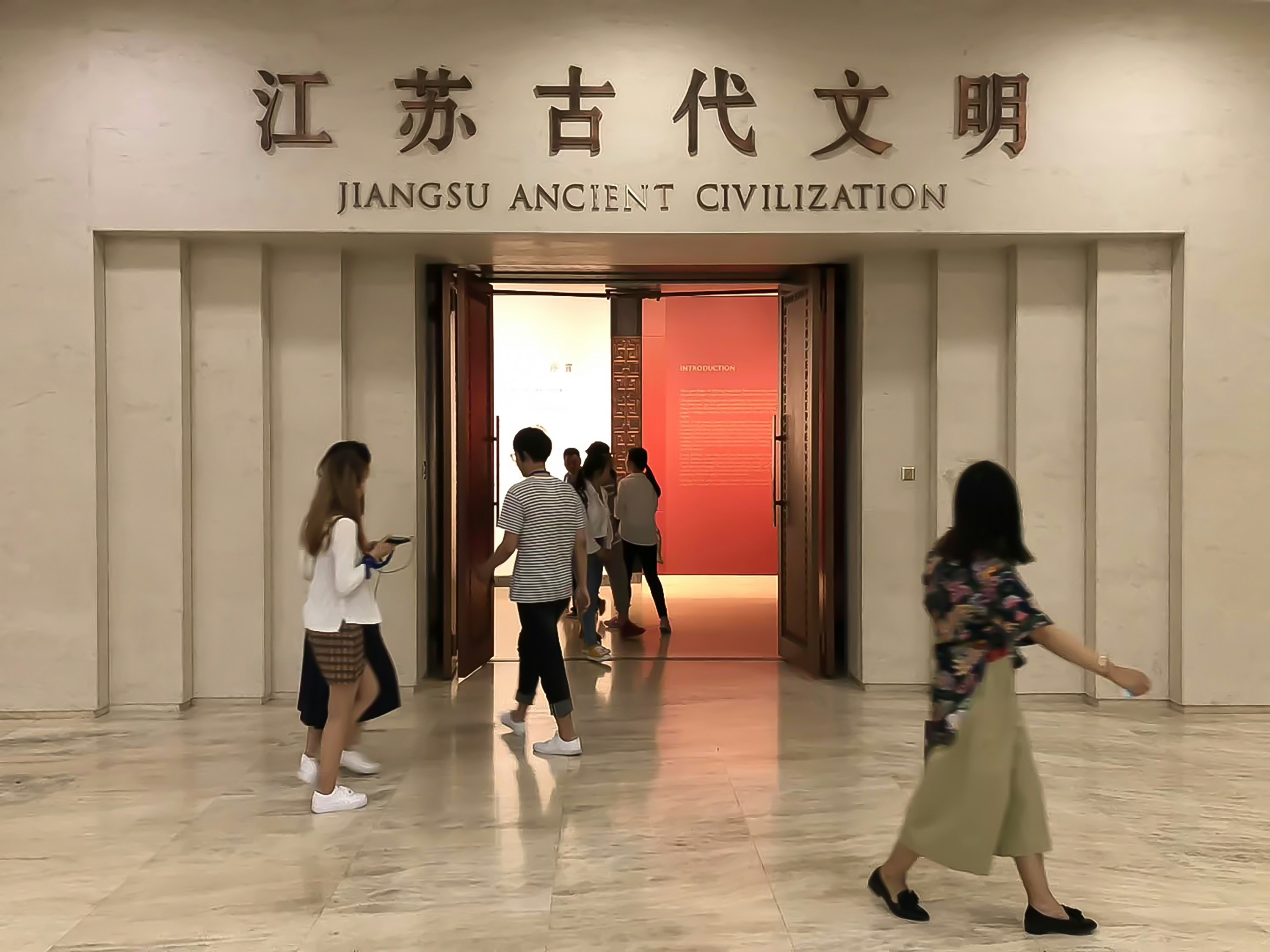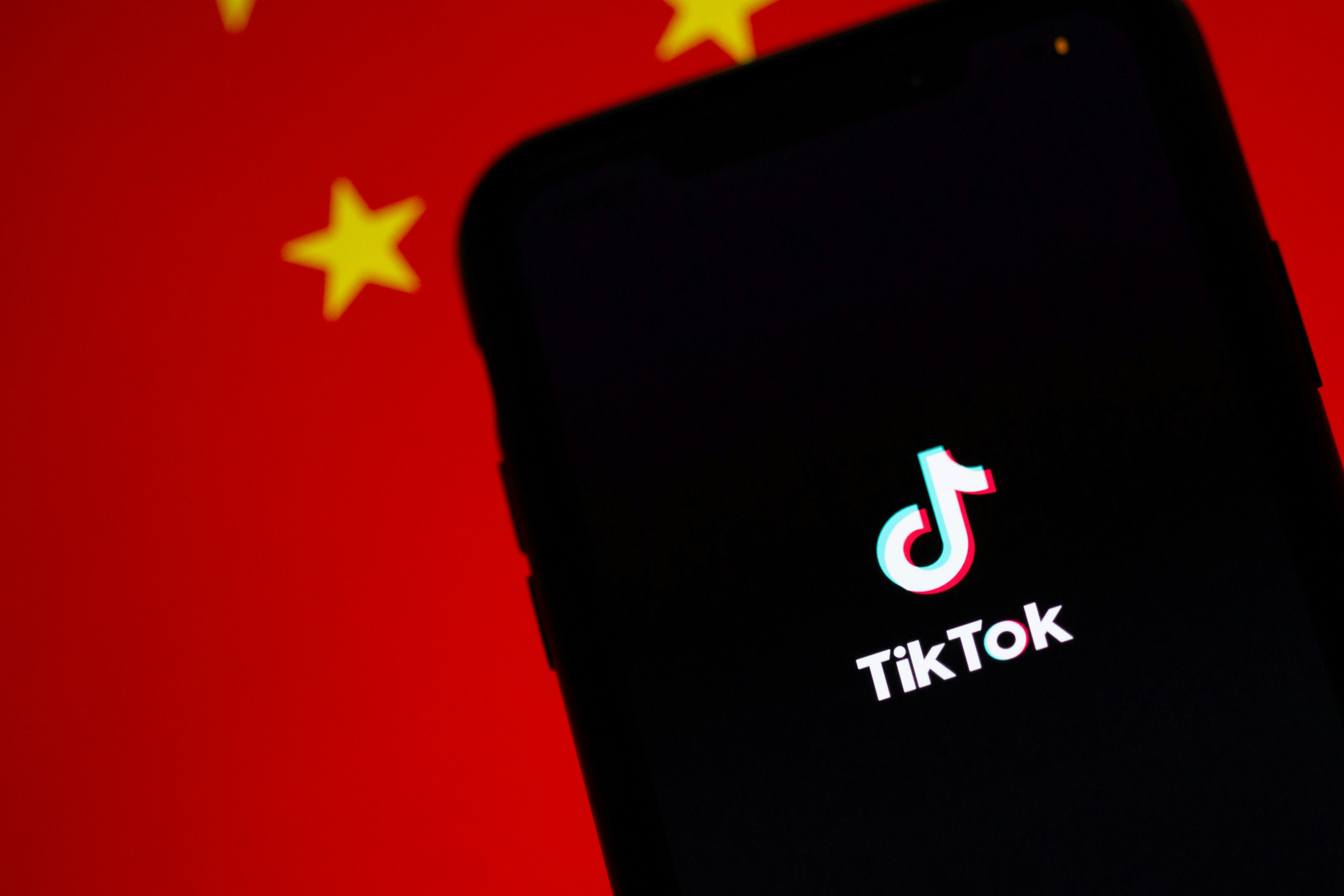The Rise of Knowledgeable Children
In recent years, the concept of the modern child has evolved significantly, marked by an unprecedented level of knowledge and awareness that surpasses that of previous generations. This shift can be attributed to several critical factors, most importantly, the rapid advancement in information technology. Children today have access to a wealth of information via the internet, educational apps, and digital platforms. Such resources enable them to learn beyond the confines of traditional schooling, fostering a self-directed learning environment.
Furthermore, early education has undergone transformative changes in recent decades. Kindergarten and pre-school programs have become more structured and focused on developing critical thinking and problem-solving skills. Learning methodologies now emphasize experiential and project-based approaches, which encourage children to engage with content actively. These advancements ensure that children are not merely passive recipients of information but are empowered to analyze, critique, and apply what they learn in real-world contexts.

This growing cohort of informed youth is poised to influence societal change in profound ways. Their interconnectedness through digital channels and their unique understanding of complex issues suggest that the next generation will approach challenges with innovation and empathy. It is essential to recognize the rising potential of knowledgeable children, who will undoubtedly shape the future landscape of society.
Factors Contributing to Knowledge Acquisition
The contemporary landscape of knowledge acquisition for children has been significantly reshaped by several interlinked factors, leading to a generation that is more informed and engaged than ever before. Among the most prominent elements is the internet, a vast repository of information that allows children to access an immense array of resources spanning every conceivable subject. This unprecedented access empowers them to explore topics of interest at their own pace and deepen their understanding through varied mediums such as articles, videos, and interactive platforms.
Furthermore, digital resources have revolutionized traditional pedagogical methods. Many educational institutions today incorporate technology into their curricula, employing tools such as online quizzes, interactive simulations, and gamified learning experiences. These methods not only capture children’s attention but also foster critical thinking skills as they navigate through problem-solving scenarios in real-time. The dynamic nature of such interactive learning methods caters to diverse learning styles, encouraging even the most reluctant learners to become actively involved in their education.
Parental involvement also plays a crucial role in enhancing children’s educational experiences. Parents today are often more engaged in their children’s learning journeys, leveraging technology to support homework, encourage exploration, and facilitate discussions about newfound knowledge. This supportive environment nurtures curiosity and motivation, encouraging children to embrace lifelong learning as a fundamental value. Together, these factors—access to the internet, innovative educational methods, and active parental participation—create a synergistic effect, equipping children with the skills and confidence to seek knowledge actively. The result is a generation that not only consumes information but critically engages with it, positioning them as the knowledgeable future leaders of tomorrow.
The Role of Technology in Learning
The integration of technology into education has significantly transformed the learning experiences of today’s children. With the advent of educational apps, online courses, and virtual reality environments, traditional education has undergone a remarkable evolution. These innovations not only facilitate knowledge retention but also enhance engagement among learners, which is imperative in today’s fast-paced digital world.
Educational apps have become a staple in modern classrooms and homes. They are designed to cater to various learning styles and can make complex subjects more accessible through interactive and gamified content. Children are now able to grasp concepts in a more engaging manner, as these tools often include instant feedback, allowing learners to understand their progress and areas of improvement in real time.
Online courses have also expanded the horizons of learning for children. Children can access thousands of courses covering diverse topics, removing geographical barriers and providing learning opportunities that were once limited to physical classrooms. This accessibility allows children to explore their interests beyond the standard curriculum, fostering a more individualized learning experience.
Furthermore, virtual reality (VR) is revolutionizing how children experience learning. By immersing students in 3D simulations related to historical events, scientific phenomena, or geographical locations, VR creates an interactive learning environment. This immersive experience stimulates curiosity and promotes deeper understanding, making it easier for children to remember information.
Overall, technology plays a crucial role in redefining how children learn. By integrating educational apps, online learning platforms, and virtual reality experiences, today’s children are equipped with the necessary tools to navigate and succeed in a rapidly changing world. As technology continues to advance, its impact on education will likely grow, further enhancing the knowledge acquisition process for future generations.
Shifts in Parenting and Education Styles
In recent years, there has been a significant transformation in parenting and education styles, largely driven by the evolving needs and capabilities of children. As today’s children have access to a wealth of information at their fingertips, parents and educators are reshaping their approaches to cultivate a generation that thrives on knowledge and inquiry. Traditional methods of rote learning and authoritarian parenting are gradually being replaced by more collaborative and inquiry-based learning strategies.
Instead of merely transmitting knowledge, modern educational philosophies encourage active learning where students are seen as co-creators of knowledge. This shift acknowledges that children learn best when they are actively engaged in their education. Inquiry-based learning fosters an environment in which children feel empowered to ask questions, explore their interests, and seek out answers. As a result, parents and teachers are now emphasizing critical thinking and problem-solving skills over memorization, aiming to equip children with tools that are essential in a rapidly changing world.
Furthermore, the role of parents has transformed significantly in this new paradigm. Rather than being the primary authority figures, parents are increasingly becoming facilitators of their children’s learning experiences. This involves creating opportunities for collaborative learning, encouraging discussions at home about various topics, and providing resources that stimulate curiosity. By nurturing a child’s natural inquisitiveness, parents are helping to develop characteristics such as resilience and adaptability that will be crucial in future endeavors.
The collaborative nature of contemporary parenting and education is evident in movements towards project-based learning and communal educational experiences. Opportunities for children to work together on shared projects foster teamwork and communication skills, which are invaluable. Thus, the shifts in parenting and education styles are not only preparing today’s children to navigate the complexities of the future but also empowering them to become proactive contributors to society.
Social Media’s Influence on Knowledge Acquisition
In today’s digital age, social media has emerged as a predominant force in knowledge acquisition among children. Various platforms provide unprecedented access to a vast array of information; from news articles to educational content, social media allows children to engage with diverse perspectives that were previously inaccessible. This exposure can foster critical thinking and broaden their understanding of complex global issues. For instance, platforms such as Twitter and Instagram have become battlegrounds for sharing ideas and sparking discussions on serious topics, encouraging children to express their opinions and seek out information beyond their immediate surroundings.
However, the influence of social media on knowledge acquisition is not without its challenges. One of the significant pitfalls is the pervasive spread of misinformation. Children, often lacking the experience to discern credible sources from dubious ones, may unknowingly adopt or share false narratives. Misinformation can have serious ramifications, skewing their understanding of essential issues and creating confusion. The viral nature of social media can amplify this problem, as sensationalized content is often more engaging than factual reports, making it more likely to be disseminated.
Moreover, the challenge of navigating digital landscapes requires the development of specific skills. Children must learn to critically evaluate information, question sources, and engage in media literacy education to thrive in this environment. Social media platforms themselves have begun to implement measures aimed at curbing misinformation, yet the responsibility also falls on parents, educators, and guardians to guide the younger generation in utilizing these tools effectively.
In summary, while social media plays a crucial role in enhancing children’s knowledge acquisition by providing access to a multiplicity of views and information, it also presents significant challenges, particularly in the realm of misinformation. Navigating these complexities will be essential for today’s children as they utilize social media in their quest for knowledge and understanding.
Future Skills: What Children Will Need to Thrive
As we consider the future landscape that today’s children will navigate, it becomes evident that a distinctive skill set is essential for their success. The rapid pace of technological advancement and globalization indicates that critical thinking will be of paramount importance. This skill enables children to analyze information, discern biases, and solve complex problems effectively. Critical thinking is no longer a luxury but a necessity in a world overwhelmed with misinformation and constant change.
Emotional intelligence is another vital skill that today’s children must cultivate. In an increasingly interconnected world, understanding and managing one’s emotions, as well as recognizing and empathizing with others, will determine success in both personal and professional realms. Children with high emotional intelligence are more likely to collaborate effectively, resolve conflicts amicably, and lead with compassion, essential attributes in future workplaces that prioritize teamwork and cultural sensitivity.
Furthermore, digital literacy is a core competency that children must master. The integration of technology in everyday life is omnipresent, and being adept at navigating various digital platforms is crucial. Children will need to not only understand how to use technology but also to critically evaluate digital content, ensuring that they can discern credible information from unreliable sources. As technology evolves, so will the skills required to engage with it meaningfully.
Lastly, adaptability emerges as a foundational skill in a rapidly changing world. The ability to pivot in response to new challenges and to embrace change rather than resist it will empower children to thrive in diverse environments. This flexibility, combined with a willingness to learn, will enable them to harness opportunities in an unpredictable future.
The Implications for Future Society
As today’s children grow into their roles as tomorrow’s leaders, the implications of their enhanced knowledge on various aspects of society become increasingly significant. The advanced cognitive skills and broader awareness acquired by this generation are likely to reshape work environments in numerous ways. Traditional job roles may evolve, as the demand for critical thinking, creativity, and technical skills rises. This shift may encourage the development of collaborative workspaces that facilitate innovation and nurture new ideas, particularly in fields like technology, sustainability, and social justice.
In governance, a more knowledgeable generation is likely to expect transparency and accountability from their leaders. This generation, having been exposed to diverse viewpoints and global issues, will likely advocate for democratic processes and participatory governance. They may push for policies that prioritize education, healthcare, and equity, ultimately reshaping the political landscape by electing representatives who align with their values and visions for a more inclusive society.
Moreover, community participation is poised to increase, as these children recognize the importance of local engagement and civic responsibility. With access to vast resources of information, young individuals will likely be empowered to address community challenges actively. Their involvement in civic activities, such as volunteerism and activism, can lead to stronger, more resilient communities that are better equipped to tackle social and environmental issues.
Environmental awareness is another crucial aspect influenced by this new generation. Growing up amid discussions about climate change and sustainability will instill a sense of responsibility towards the planet, driving a collective movement aimed at preserving natural resources. This consciousness can spur initiatives for sustainable practices, influencing industries to adopt eco-friendly policies and encouraging other individuals to make conscientious choices.
Overall, the implications of a more knowledgeable generation on various societal facets are profound. As they transition into adulthood, their values, knowledge, and awareness will play a critical role in shaping a more equitable, transparent, and sustainable world.
Challenges to Overcome
As today’s children navigate their formative years in an increasingly complex world, they encounter numerous challenges that may shape their futures and, consequently, the future of society. One significant challenge is the digital divide, which refers to the gap between those who have easy access to digital technology and the internet, and those who do not. Children from lower socioeconomic backgrounds often face substantial barriers to technology access, which can hinder their educational opportunities and overall development. This disparity may result in unequal knowledge accumulation and skill development, potentially exacerbating existing social inequalities as these children transition into adulthood.
Alongside the digital divide, mental health issues present another concern. The abundance of information available online can lead to information overload, where the sheer volume of data becomes overwhelming. Young individuals are susceptible to stress and anxiety when faced with the constant influx of news and social media updates, which can impact their mental well-being. The pressure to stay informed and the temptation to compare oneself to others online can hinder the emotional growth of today’s children, raising the stakes for mental health support as they advance into adulthood.
Furthermore, continuous learning is essential for these children, particularly as technological advancements rapidly reshape industries. Adaptability and resilience will be critical as they encounter an ever-evolving job market. Lifelong learning will become a necessity rather than an option, prompting the need for robust educational frameworks that encourage curiosity and skill acquisition throughout life. Encouraging a growth mindset while providing the necessary resources and opportunities will be crucial for today’s knowledgeable generation as they confront these multifaceted challenges, positioning themselves to influence and shape the future effectively.
Conclusion: Embracing the Future
As we reflect on the profound impact today’s knowledgeable generation is poised to have on the world, it becomes clear that their innovative ideas and fresh perspectives will shape the future landscape of society. With unprecedented access to information and resources, these children are better equipped than any previous generation to tackle complex global challenges. Their upbringing in an era of rapid technological advancement fosters an adaptable and resourceful mindset, which is essential for navigating the intricate issues that lie ahead.
Moreover, it is vital for adults—parents, educators, and community leaders—to recognize their role in nurturing the potential of these young individuals. By providing a supportive environment that encourages inquiry, creativity, and collaboration, we can empower today’s children to reach their full potential. Adults must strive to be mentors and guides, ensuring that children not only acquire knowledge but also learn how to apply it effectively in real-world situations. This mentorship can take many forms, including fostering critical thinking skills, promoting emotional intelligence, and encouraging civic engagement.
In addition, collaboration between generations can catalyze social progress. When adults actively listen to the ideas and aspirations of young people, they create inclusive spaces where innovative solutions can flourish. It is essential to promote intergenerational partnerships, allowing knowledge transfer both ways. As adults embrace the insights of the knowledgeable generation, they facilitate a mutual understanding that can lead to more sustainable practices and informed decision-making.
In conclusion, the future looks bright with today’s knowledgeable children at the helm. By nurturing their potential and providing the necessary support, we collectively empower them to innovate and contribute toward a more equitable and sustainable world. The responsibility lies with us, the current generation, to guide these promise-filled young minds on their journey to shaping the future. Together, we can build a society that thrives on knowledge, compassion, and progress.
















+ There are no comments
Add yours